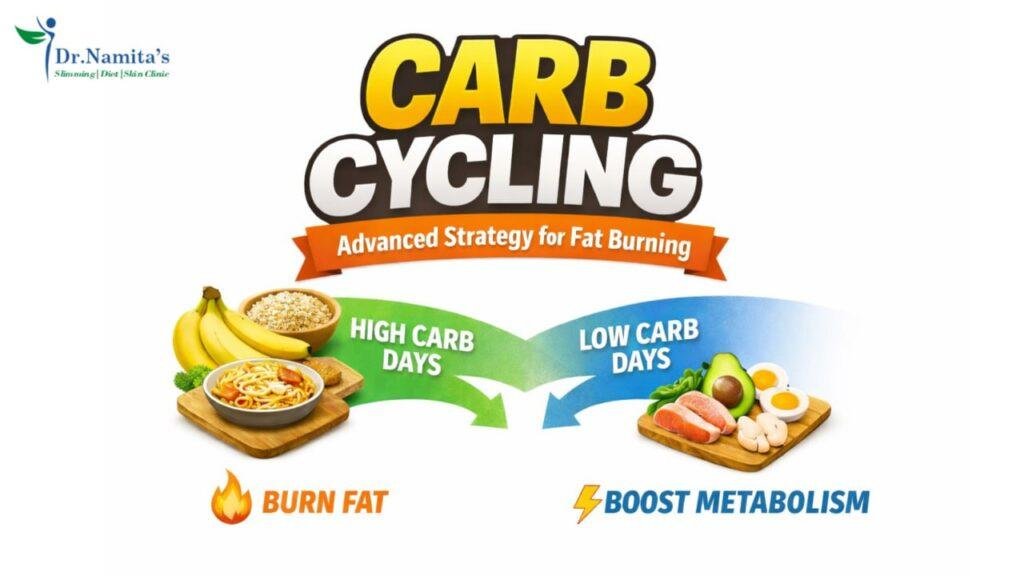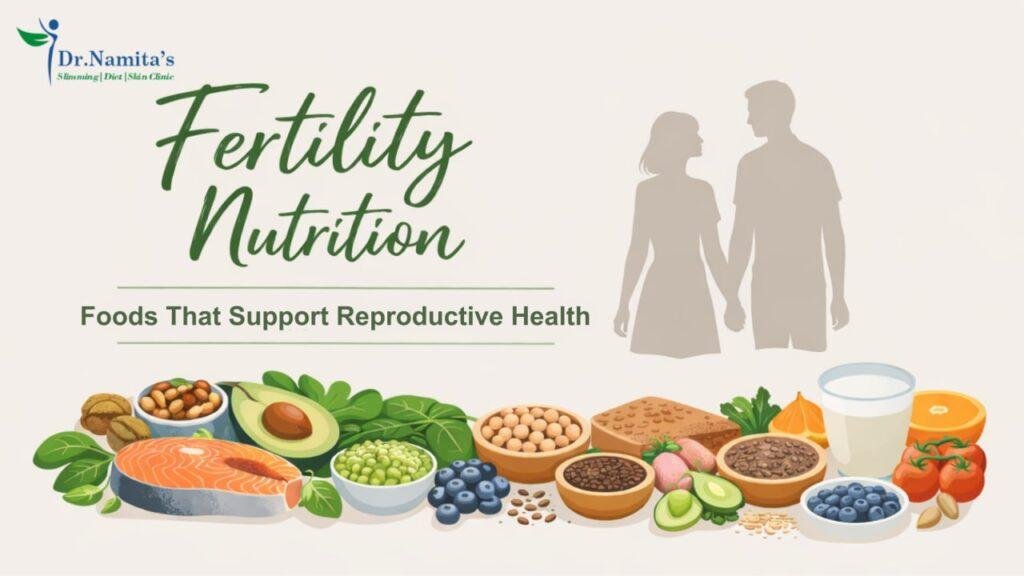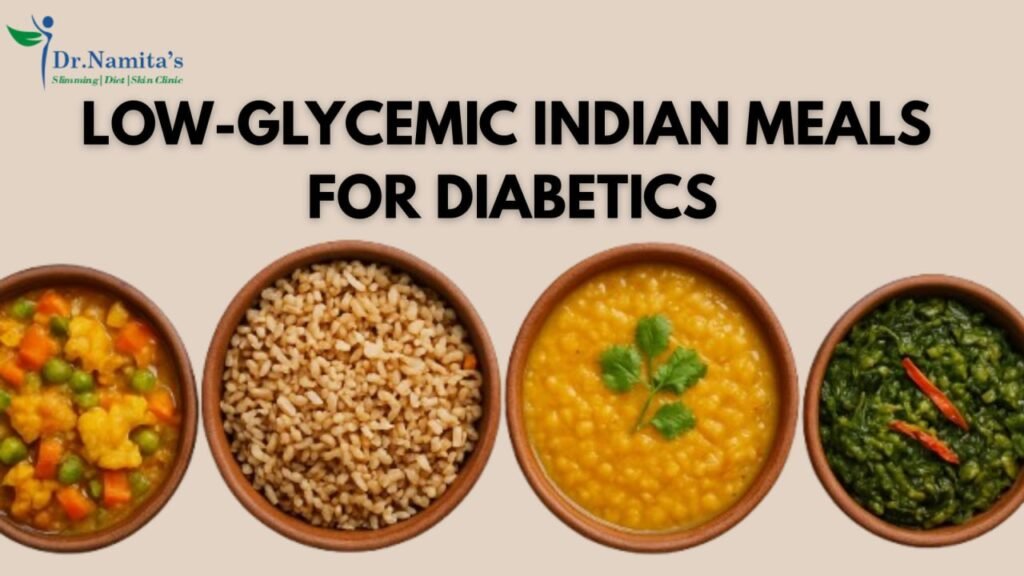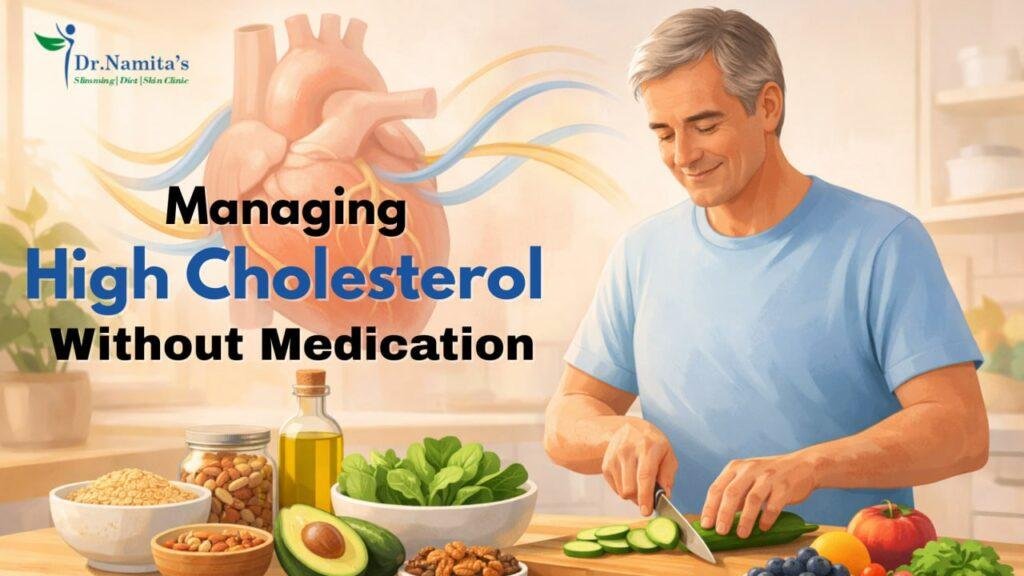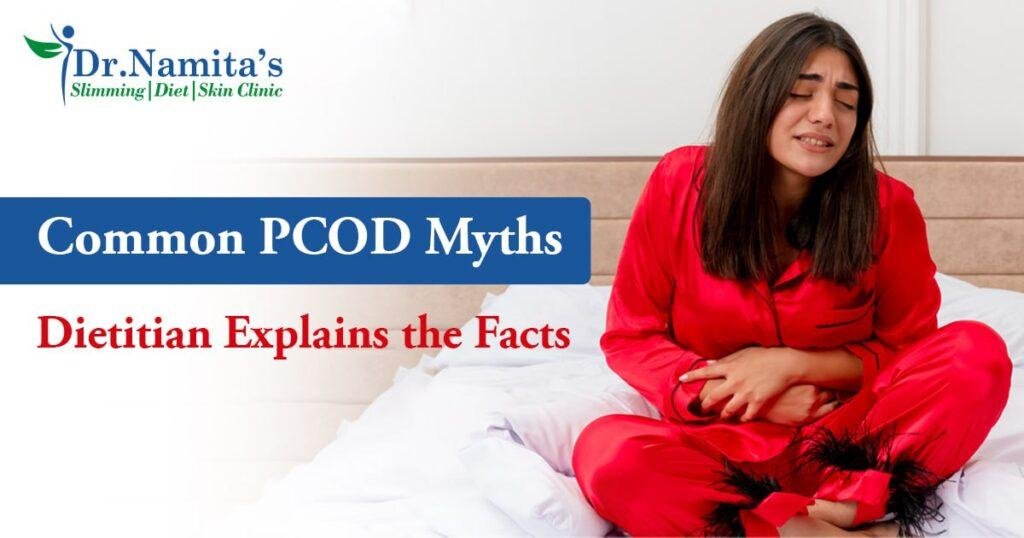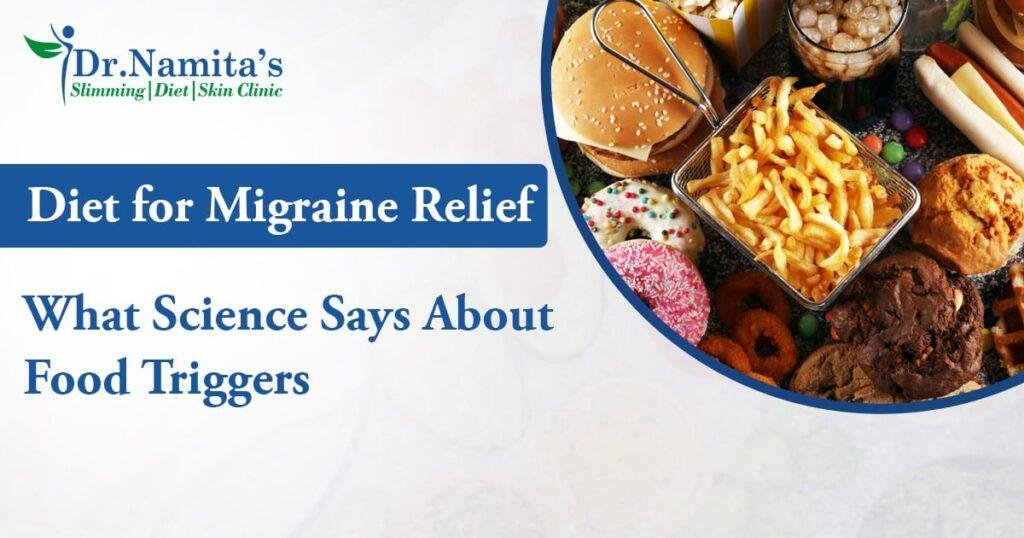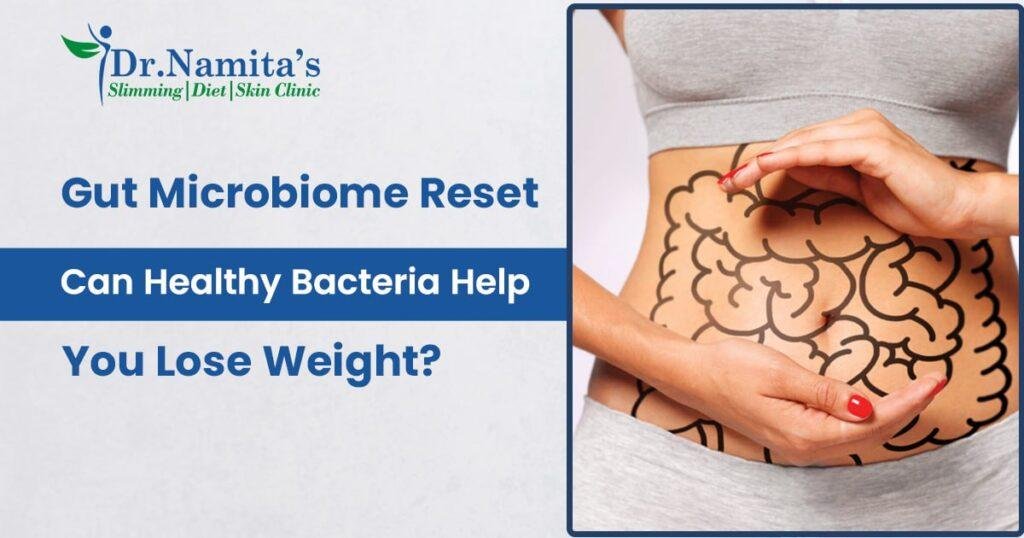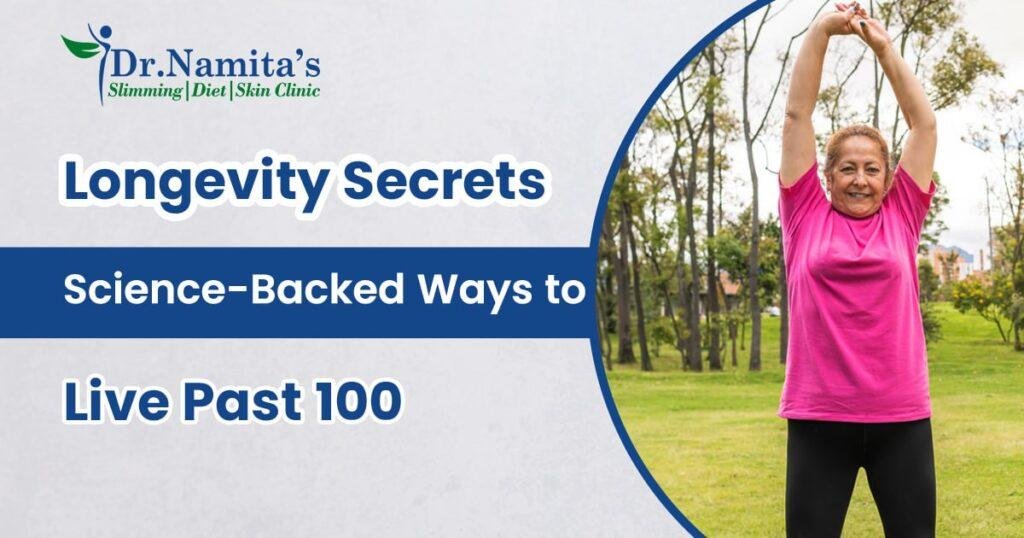Our Blogs

fat loss for athletes, burn fat without losing muscle, sports weight loss diet, athlete fat loss nutrition plan, protein intake for athletes, carb timing for athletes, strength training during fat loss, sports diet clinic Read more
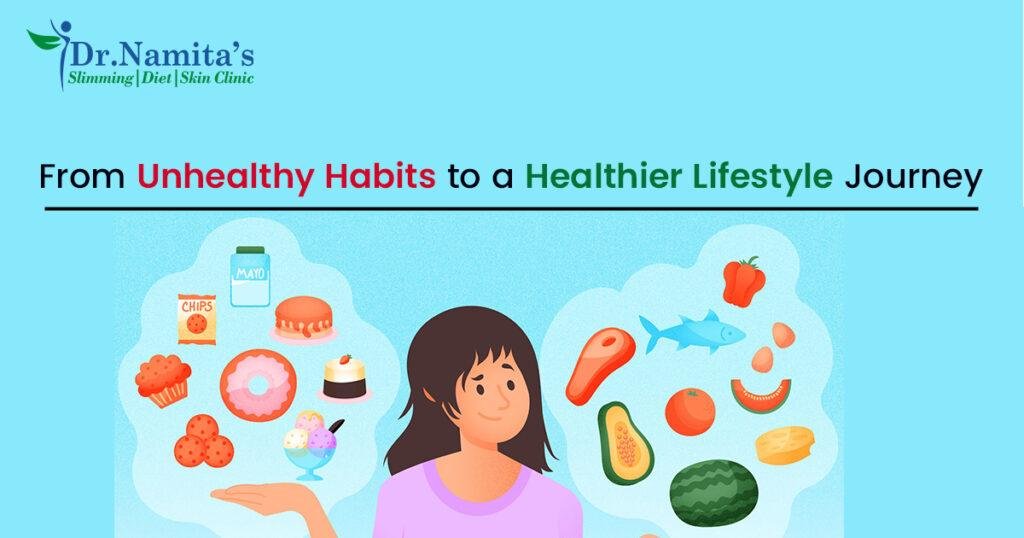
healthy lifestyle journey, weight management in Noida, online nutritionist in Noida, healthy habit transformation, personalised diet plan Noida, sustainable weight loss tips, nutrition for lifestyle change, balanced diet for energy, stop crash dieting, healthy routine tips Read more
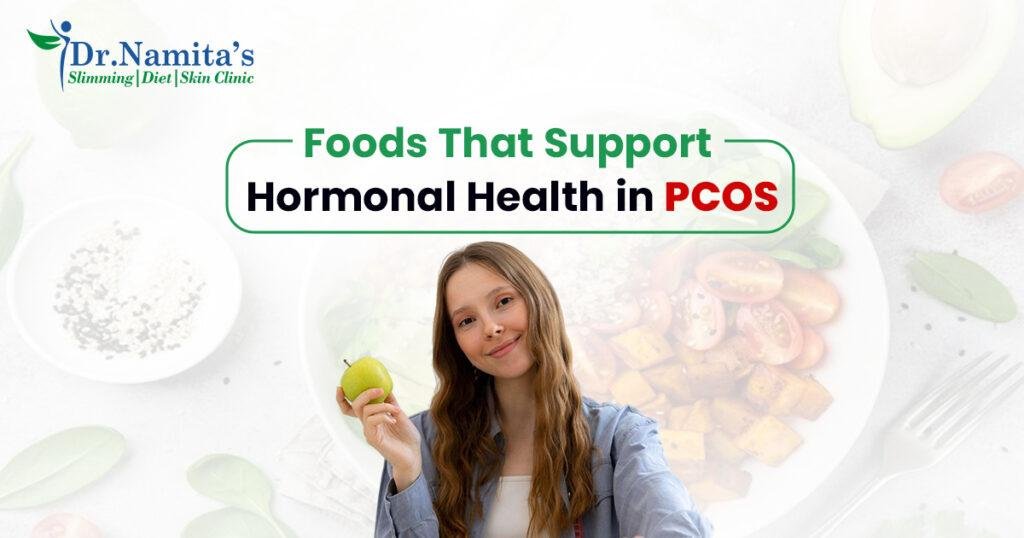
PCOS diet plan, Foods for PCOS hormonal balance, Hormonal health foods for PCOS, PCOS insulin resistance diet, Anti-inflammatory diet for PCOS, Best diet for PCOS women, PCOS nutrition tips India, What to eat in PCOS Read more

long-term weight management, sustainable weight loss, healthy weight loss tips, diet plan for weight management, weight loss habits that work, balanced diet for fat loss, slow and steady weight loss, emotional eating control, mindful eating techniques Read more

strength training balance, muscle size and endurance, build strength and stamina, hypertrophy training plan, sports nutrition tips, recovery for muscle growth Read more

